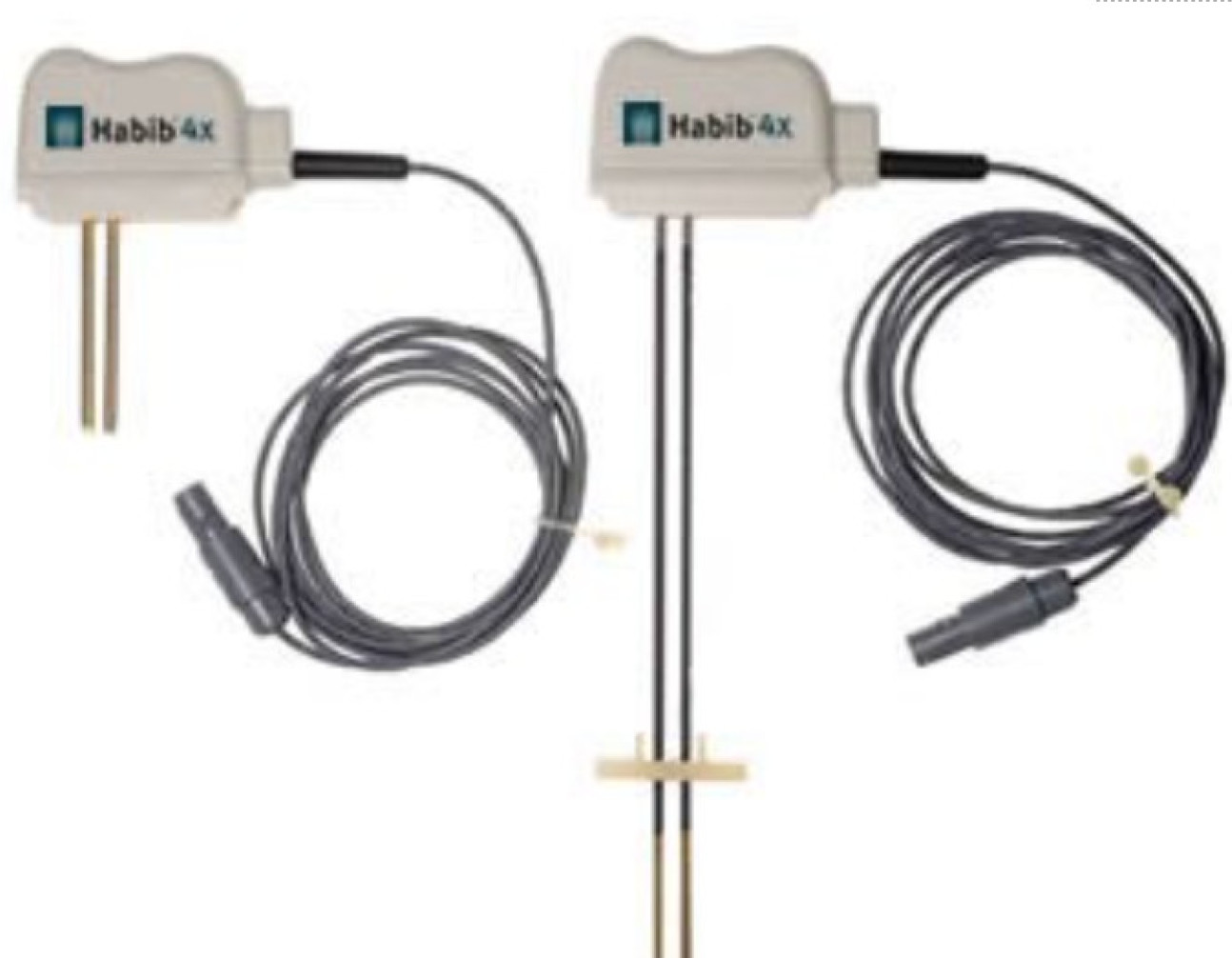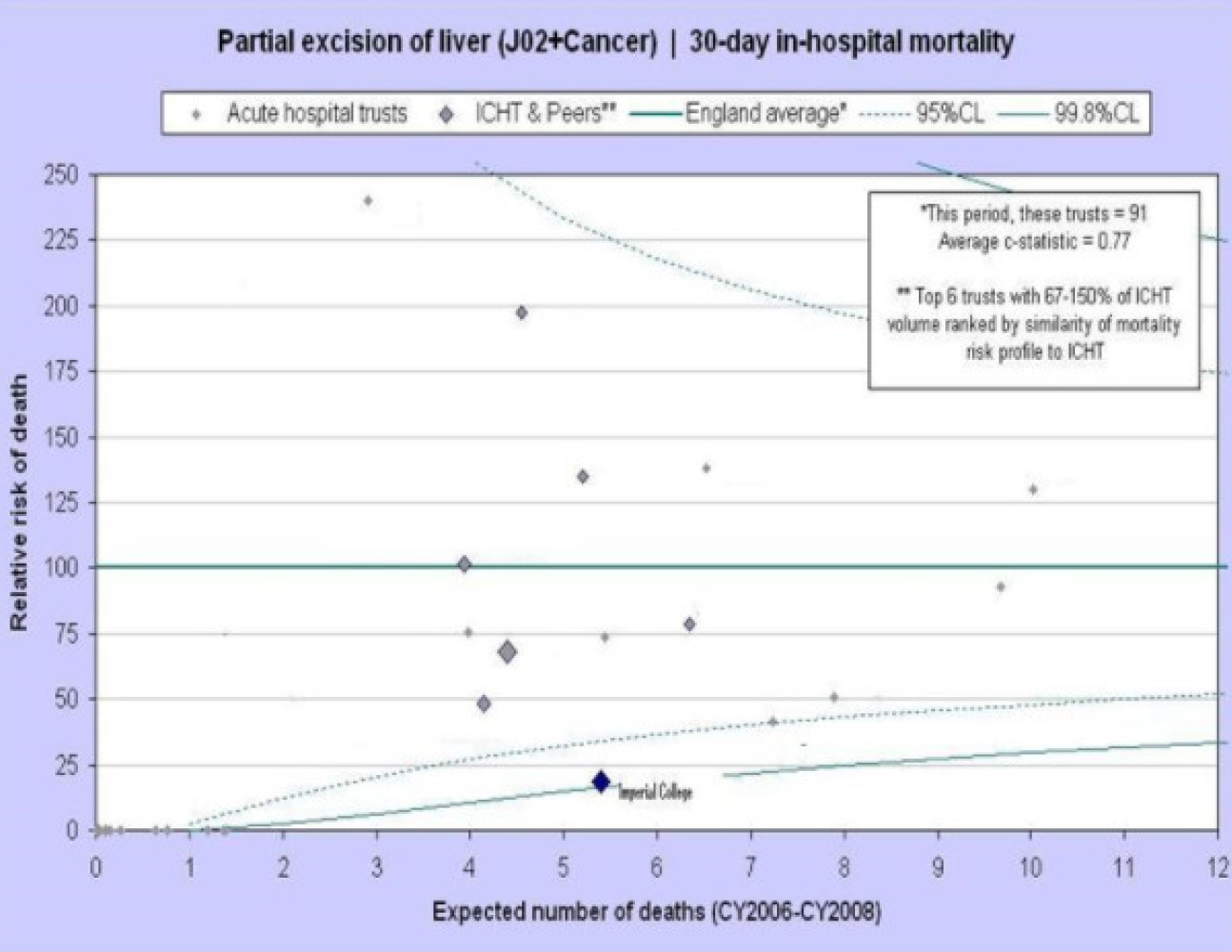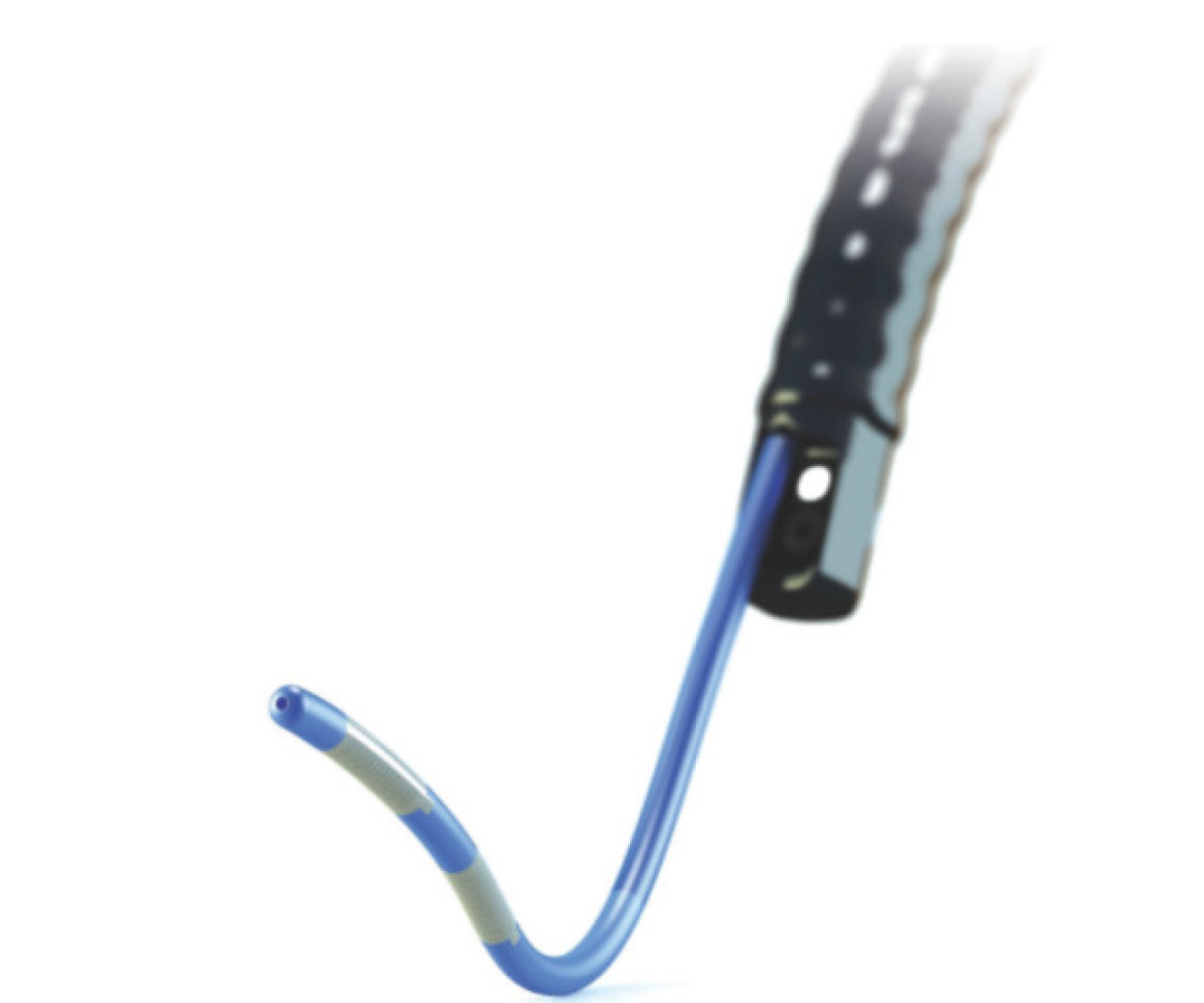Habib™ 4X

What we do
We invented the Habib 4X bloodless resection device in collaboration with bioengineers from ICL to make surgery more efficient, cost effective and less traumatic for patients.
The device was part of a portfolio of devices that harnessed the power of radiofrequency energy put into an Imperial College London spin out company, EMcision Limited.
Why is it important
One of the major problems in liver surgery is excessive bleeding requiring peri-operative blood transfusion and a stay in ITU post-operatively. Another problem is performing anatomical liver resections in patients with liver cirrhosis where post-operative complications and an increased mortality rate are major risk factors. We discovered that these two problems can be overcome with the use of the Habib™ 4X and a technique we called “radiofrequency (RF)-assisted liver resection” as it allows non-anatomical liver resection with reduced blood loss and offers the opportunity for a combination of resection and ablation in patients with liver cancer.
How it can benefit patients
Using the Habib 4X reduces the need for ITU stay, eliminates the need for blood transfusion and allows a shorter stay in hospital.

Summary of current research
Following FDA 510(k) approval, CE certifications and clinical trials the Habib 4X was licensed to Angiodynamics Inc to market and sell the device worldwide (over 70,000 patients operated with the device worldwide).
Habib™ EndoHPB

What we do
The Habib™ EndoHPB was invented for palliation of locally advanced pancreatic and biliary cancer. It is an endobiliary device that has two electrodes that when connected to a radiofrequency generator create controlled heat that de-natures cells that come into contact with the electrodes.
The device was part of a portfolio of devices that harnessed the power of radiofrequency energy that were put into an Imperial College London spin out company, EMcision Limited.
Why is it important
Pancreatic carcinoma is one of the most common cancers of the gastrointestinal tract and has a relatively poor prognosis. Only 10–20 % of pancreatic carcinoma is amenable to definitive curative surgery on presentation. Survival is limited even with current advances in chemotherapy, with median survival rates of 5–7 months reported for pancreatic carcinoma. Distal biliary duct obstruction is a common problem, and many patients with inoperable pancreatic cancer will require self-expanding metal stent (SEMS) insertion for definitive biliary decompression. SEMS occlusion is a considerable clinical problem in this palliative patient population with significant associated morbidity and mortality.
How it can benefit patients
Research has shown that the Habib™ EndoHPB catheter may prolong patency and restore biliary drainage, may provide an option to restore biliary drainage in patients who may outlive the patency of their metallic biliary stents and for occluded SEMS it may improve mean stent patency time compared to plastic stent insertion.
HabibTM EndoHPB Survival Data for matched control and randomised studies:
|
Author |
Study Type |
RF Group |
% Survival |
|
Kahaleh, M & Colls (Dig Dis Sci 2014 ) |
Matched with SEER Database data for malignancy & disease stage at diagnosis |
RF group n=69 Matched= SEER Database |
Cholangio: Untreated 6.2 months vs RF Treated 17.7 months Pancreatic Cancer: Untreated 5.9 months vs RF Treated 14.6 months |
|
Westaby, D & Colls (Dig Dis Sci 2015) |
Matched controls |
RF group n=23 Matched n=46 |
RF Treated 226 days vs Untreated 123.5 days |
|
Hu, B & Colls (unpublished 2016) |
Prospective randomised |
RFA+Stent n=31 Stent alone n=32 |
RF + Stent =311 days Stent alone=172 days |
Summary of current research
Following pre-clinical trials, FDA 510(k) approval, CE certifications and clinical trials the Habib™ EndoHPB was acquired by Boston Scientific Inc. In 2020, it was awarded a Gold Edison Award for Medical Innovation and is the first radiofrequency ablation catheter indicated in the USA for malignant or benign tissue ablation in the pancreatic and biliary tract. Watch a video about the Habib™ EndoHPB.